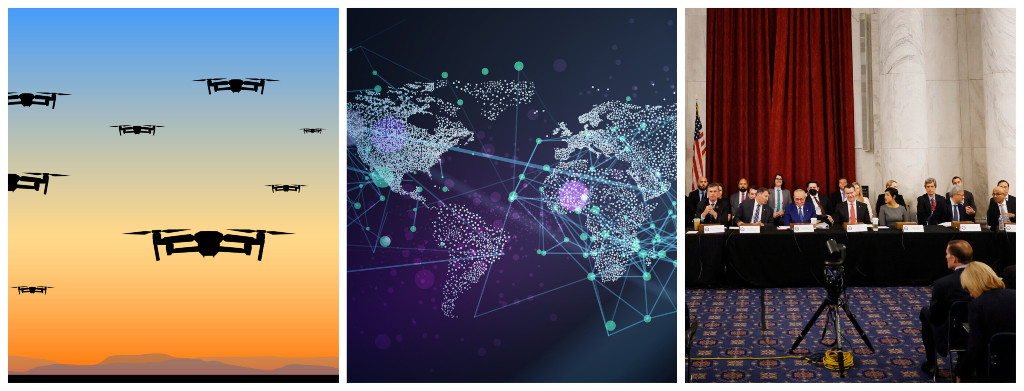Export Controls on Open-Source Models Won’t Secure Victory in the AI Competition
By Claudia Wilson and Emmie Hine (February 25, 2025)
The growing debate around the efficacy of export controls on open-source AI models signals an important shift in how nations approach the competitive landscape of artificial intelligence. Enhancing exclusive access to technology may seem like a solution to maintain leadership, yet this approach risks stifling innovation and collaboration vital for overall progress.
Insights from the Paris AI Action Summit
Paras Shah interviews Brianna Rosen (February 12, 2024)
At the Paris AI Action Summit, key takeaways revealed the urgent need for cooperation among nations to establish a unified framework governing AI development. Emphasizing collaboration over competition, the discussions shed light on how collective efforts can mitigate risks associated with AI technology, while fostering a safe environment for its advancement.
DeepSeek’s Impact on AI Rivalry
By Konstantin F. Pilz and Lennart Heim (February 3, 2025)
DeepSeek is heralded as a transformative force in the ongoing AI competition, shifting paradigms in how nations assess their capabilities and strategies. By enabling new levels of transparency and understandability in AI systems, DeepSeek is poised to redefine the competitive landscape, encouraging a race not just for supremacy but for responsible innovation.
Evaluating the U.K.’s AI Opportunities Action Plan
By Elke Schwarz (January 30, 2025)
The U.K. is positioning itself to capitalize on emerging AI technologies through its AI Opportunities Action Plan. While aiming to bolster national capabilities, it faces the challenge of integrating ethical considerations alongside substantial innovation. A balance between governance and creativity is essential for the U.K. to thrive in the global AI arena.
Overview of Trump’s Stargate AI Infrastructure Project
By Justin Hendrix (January 22, 2025)
Trump’s announcement of the Stargate AI Infrastructure Project aims to harness advanced technologies for national security purposes. However, the implications of such initiatives necessitate a careful examination of their alignment with ethical standards and balanced governance in the face of rapid technological development.
Insights on AI Governance from the Biden Administration
By Clara Apt and Brianna Rosen (January 16, 2025)
The Biden Administration continues to pursue a comprehensive executive order focusing on AI infrastructure, highlighting the dual responsibility of fostering innovation while safeguarding privacy and civil liberties. This emphasis on regulatory framework aims to provide a foundation for the ethical advancement of AI, ensuring that progress does not come at the cost of fundamental rights.
The Necessity for a Global Competitive Approach in AI
By Matthew Mittelsteadt and Keegan McBride (September 17, 2024)
To maintain a leading edge in AI, the consensus is clear: competition must supersede control. By nurturing an environment where innovation flourishes through open-source collaboration and international partnerships, nations can create a robust ecosystem that enhances technological capabilities and safeguards responsible use, ultimately benefiting global society.




